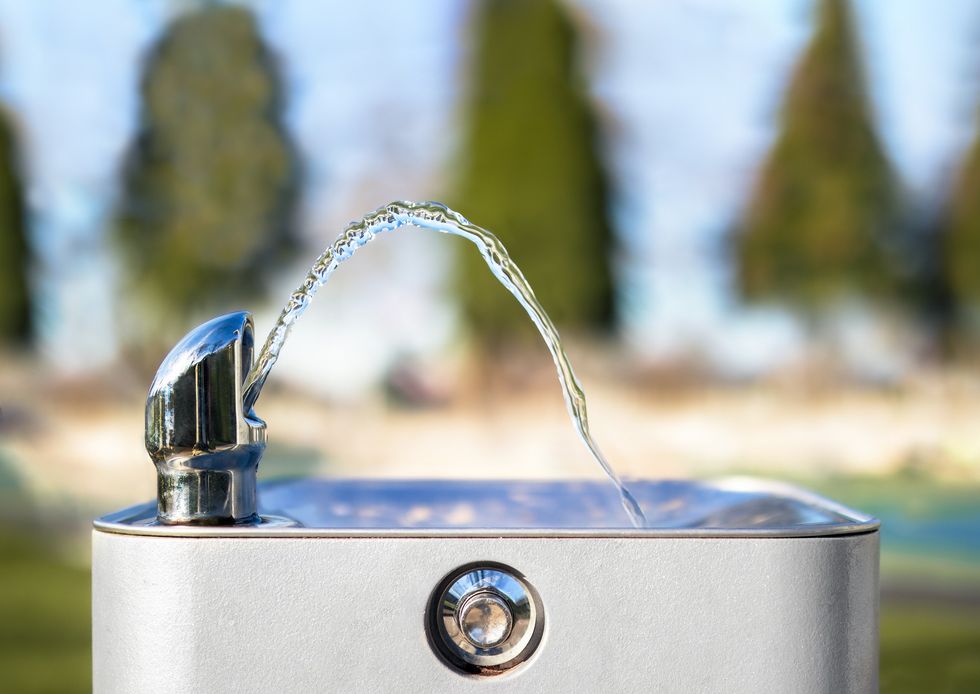For those of us looking for easy and fast ways to boost our health – the idea of a superfood can hold much appeal. This food may be imagined to hold special abilities to cure disease and promote well-being. As a result, any food that is labelled as a ‘superfood,’ is bound to catch our attention.
A report published on Harvard School of Public Health website states that there’s no scientifically based or regulated definition for a superfood. However, generally, a food is promoted to the status of a superfood when it offers high levels of nutrients that are desirable, or if it is linked to the prevention of a disease.
Another reason a food gains superfood status is when it is believed to offer several simultaneous health benefits that are beyond its nutritional value.
Experts are of the opinion that the benefits of too many ‘healthy’ foods are being exaggerated by sponsored research. One such food is cranberries.
Studies over the last few months have suggested that this small fruit can offer loads of health benefits including lowering the risk of heart disease, lowering harmful cholesterol levels and even improving memory.
According to the Daily Mail, another study published in April in the journal Microbiology Spectrum suggested that cranberry along with manuka honey could probably prevent tooth decay.
Additionally, a study in the American Journal of Clinical Nutrition in 2016 showed that drinking a ‘cranberry juice beverage’ lowered the number of urinary tract infections (UTIs) in women who had recently had the infection.
Overall, cranberries seem to be capable of packing quite a powerful punch.
However, it’s interesting to note that all these studies have one thing in common – they are funded, at least in part, by the cranberry industry.
The Cranberry Institute was founded in 1951. This U.S.-based not-for-profit organisation aims to ‘further the success of cranberry growers and the industry in the Americas through health, agricultural and environmental stewardship research as well as cranberry promotion and education,’ reports the Daily Mail.
Its members include well-known brands such as the world’s biggest cranberry producer, Ocean Spray, as well as Fruit d’Or based in Quebec, Canada, and Cape Cod Select.
Though the institute does not reveal the amount it invests in research, it does outline that ‘research efforts’ are done on ‘behalf’ of members.
However, in the year 2017, the biggest cranberry producer, Ocean Spray, had announced that it was committing $10 million (around £8 million) over five years for research into ‘cranberry’s antimicrobial benefits’ and how this might reduce the need to use antibiotics.
It was Ocean Spray that funded the 2016 UTI study, as well as the recent study into tooth decay. The firm’s website proclaims cranberries as ‘one of Mother Nature’s super fruits’ with ‘well-documented health benefits’ that can play ‘an important role in a balanced diet and healthy lifestyle.’
The important question that the cranberry product market has raised is should Ocean Spray or any other food company be allowed to pay for health research? Experts believe that there is a danger that this skews the market.
Dr Kirsten Brandt, a senior lecturer in food and human nutrition at Newcastle University is reported to have said industry funding “skews the financing towards studies that are likely to provide a positive marketing advantage rather than studies for the general good.”
She is among those who believe that food companies shouldn’t be funding research into their products.
Speaking to Good Health she said that an industry will only do trials “when their advisers — good scientists — tell them that if they do this trial, it will most likely have a positive effect. That means they will have more successful studies simply by avoiding trials where the outcomes are uncertain.”
“These are not bad studies,” Anita Rao, an associate professor of marketing at Chicago University in the U.S told Good Health. “These are scientific, gold-standard, randomised placebo-controlled studies — but they are likely to be painting a rosier picture when it is positive. So they don’t report findings wrongly, but they write it in a more positive way.”
According to some experts, it can make sense to have industry involvement in research, because of the expenses involved. Problems only arise when trials are used to promote products, for marketing purposes and not to get information.
There’s little doubt that like other fruits, cranberries too have health merits. For example, cranberries are rich in proanthocyanidins (PACs), antioxidants with anti-viral, antibacterial and other properties.
A review in the journal Biomedicine & Pharmacology in 2019 concluded that PACs ‘help to protect the body from sun damage, improve vision, improve flexibility in joints, arteries and body tissues such as the heart, and improve blood circulation by strengthening capillaries, arteries, and veins.’
However, PACs are not unique to cranberries. In fact, they are found in a variety of fruits such as blackcurrants and blueberries. They are also found in nuts such as walnuts.
Furthermore, some research had suggested that the PACs present in cranberries can prevent bacteria sticking to the walls of the bladder, thus making them capable of treating UTI.
Dr Oghenekome Gbinigie, a GP and a researcher at Oxford University, who has been researching the role of cranberries and UTIs, is reported to have said, “There’s good evidence that cranberry extract helps to block the binding of E.coli (which most commonly causes UTIs) to the lining of the bladder, which could, in theory, help to prevent a UTI.”
In the report published in Daily Mail, it is mentioned that cranberries were first used by Native Americans for medical purposes. However, it attracted scientific interest for their potential to prevent UTIs in particular only in the late 1980s and 1990s.
In the subsequent years, women have religiously been drinking cranberry juice in the belief that it helped prevent UTIs. And for years their doctors even recommended it.
‘As a junior doctor in the late 1990s, I was told to suggest cranberry products to patients who had catheters to help prevent urinary tract infections,’ says Dr Cat Anderson, an NHS GP who runs a UTI clinic in Newcastle-under-Lyme.
She adds, “Although some small studies demonstrated a small benefit for women with recurrent UTIs, there were no statistically significant differences (in preventing infections) when the results of a much larger study were included.’ (Such findings led to a change in doctors recommending cranberry products to patients with catheters).
Also, according to a survey of more than 2,000 women published in the British Journal of General Practice in 2015, it was found that almost a third (27 per cent) of women who develop a UTI try cranberry juice to treat it.
“The marketeers have been very successful,” concludes Dr Anderson






 Post-surgery, Arjun experienced a significant improvement in his physical health /Lepra
Post-surgery, Arjun experienced a significant improvement in his physical health /Lepra







 Firoza and Rupali
Firoza and Rupali

